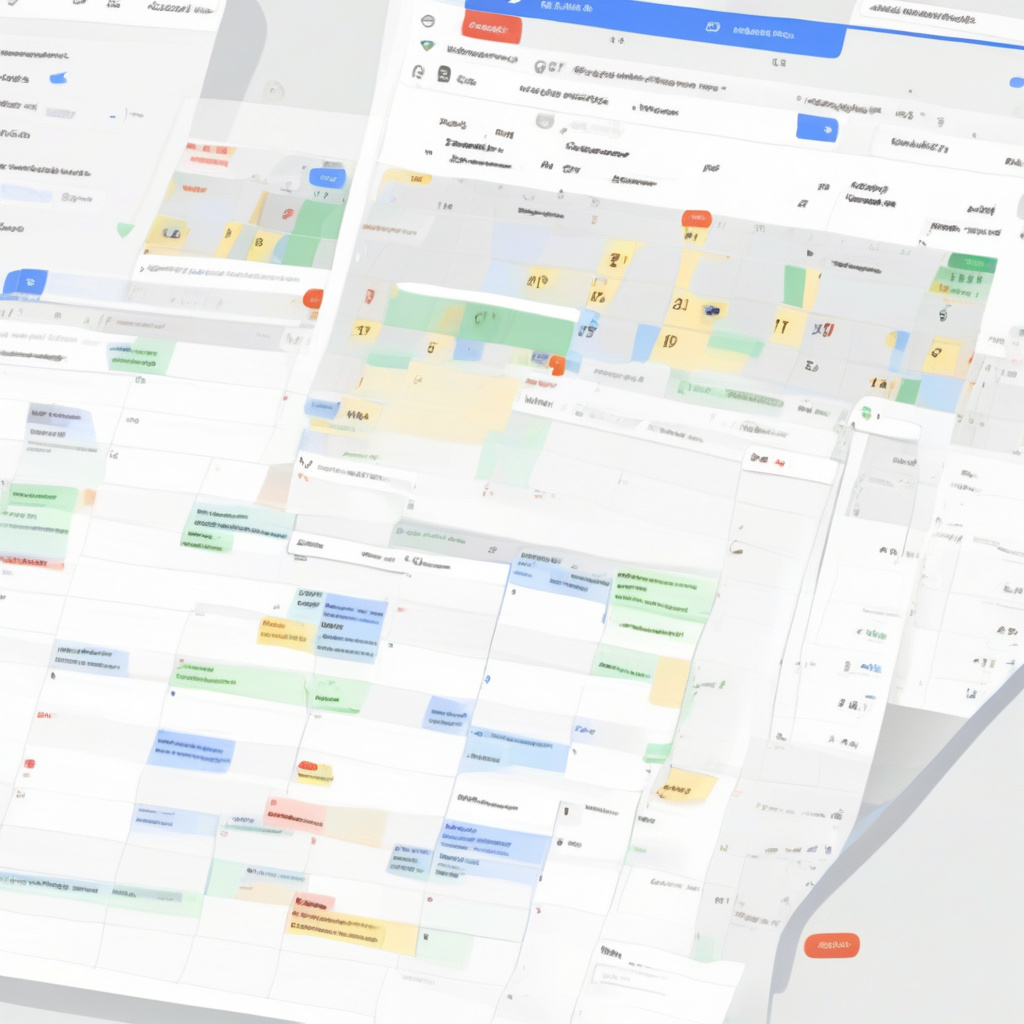In a recent cybersecurity revelation, APT41, a notorious Chinese state-sponsored threat actor recognized as “Double Dragon,” demonstrated an innovative and alarming tactic. During a campaign in the previous fall, this group utilized Google Calendar as part of its command-and-control infrastructure. This unexpected application of a commonly trusted platform serves as a stark reminder of the ever-evolving strategies employed by malicious actors in the digital landscape.
The utilization of Google Calendar events for command-and-control (C2) operations showcases the adaptability and resourcefulness of APT41. By leveraging a tool designed for scheduling and organization, the threat actor managed to evade traditional security measures that might not flag such activity as malicious. This sophisticated approach highlights the importance of constant vigilance and the need for organizations to stay ahead of emerging threats.
One of the key implications of APT41’s use of Google Calendar is the necessity for cybersecurity professionals to broaden their scope when assessing potential vulnerabilities. While traditional C2 methods are well-documented and frequently monitored, this unorthodox technique underscores the importance of thinking outside the box. By exploring unconventional avenues through which threat actors can operate, defenders can enhance their preparedness and fortify their security posture.
Moreover, the case of APT41 and Google Calendar serves as a poignant example of the need for ongoing threat intelligence and analysis. Identifying and understanding the tactics, techniques, and procedures (TTPs) employed by threat actors is crucial for effective defense. By studying incidents such as this, cybersecurity experts can glean valuable insights into emerging trends and potential future threats, enabling them to proactively safeguard their organizations.
From a broader perspective, the convergence of legitimate platforms and malicious activities raises questions about the inherent risks associated with digital tools and services. While platforms like Google Calendar offer immense convenience and functionality, they can also be repurposed by threat actors for nefarious ends. This duality underscores the complex nature of cybersecurity in an interconnected world, where the same technologies that empower us can also be exploited against us.
To mitigate the risks posed by such tactics, organizations must adopt a multifaceted approach to cybersecurity. This approach should encompass not only robust technical defenses but also a culture of security awareness and proactive threat hunting. By fostering a security-first mindset and investing in comprehensive defense mechanisms, businesses can better protect themselves against sophisticated adversaries like APT41.
In conclusion, the revelation of APT41’s use of Google Calendar for C2 operations serves as a stark reminder of the evolving threat landscape facing organizations today. By staying abreast of emerging tactics and investing in proactive security measures, businesses can enhance their resilience and readiness in the face of sophisticated cyber threats. The case of APT41 underscores the critical importance of vigilance, adaptability, and a holistic approach to cybersecurity in an increasingly digital world.

